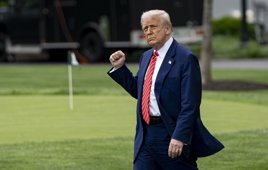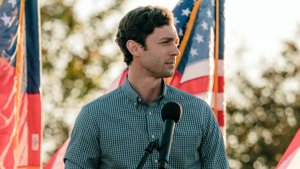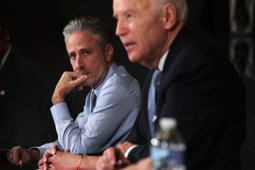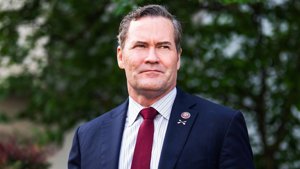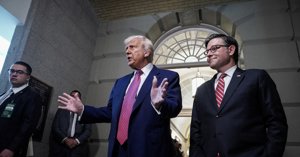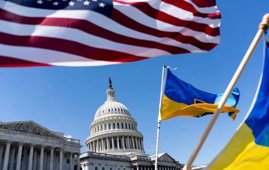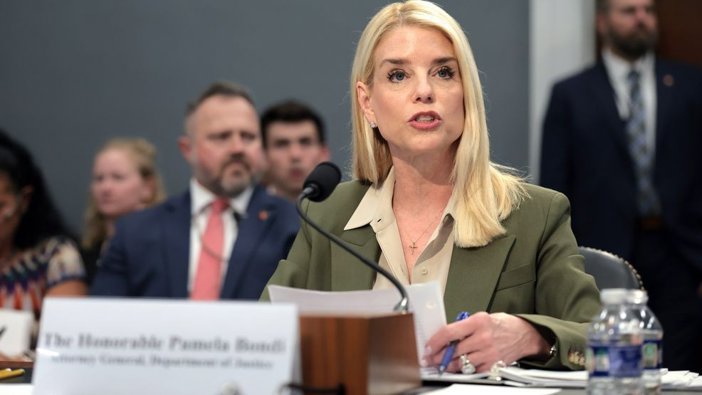
Bondi Vows DOJ Will Safeguard Religious Freedom for All
Attorney General Pam Bondi vows DOJ will protect all faiths, addressing antisemitism and COVID-era worship closures.
Bondi Promises Equal Protection for All Religions
Attorney General Pam Bondi has publicly committed to defending the rights of every religious group in the United States, signaling a shift in the Department of Justice’s approach to religious freedom cases. Speaking before a House committee on Monday, Bondi emphasized her intention to safeguard faith communities of all backgrounds, from Catholics and Jews to Muslims, especially in the wake of recent attacks and the challenges posed by pandemic-era restrictions.
Responding to a question from Rep. Riley Moore, R-W.Va., about resources needed to combat anti-Christian bias, Bondi stated, “It’s not only Catholics, it’s every religion, and even mosques that were slow-walked under the Biden administration and not allowed to open. We will protect every religion in this country.”
Bondi referenced several high-profile incidents of religiously-motivated violence, including the murder of two employees at the Israeli Embassy in Washington, D.C. The victims were killed outside the Capitol Jewish Museum in May by a suspect who reportedly shouted “free Palestine!” upon arrest—an event Bondi described as part of a troubling increase in antisemitic acts.
Addressing COVID-19 and DOJ’s Changing Approach
Bondi also alluded to actions taken by blue-leaning states in 2020, when, during the Trump administration, officials ordered the closure of all houses of worship, including mosques, as part of their COVID-19 containment efforts. She underscored her ongoing collaboration with the DOJ Civil Rights Division, led by Harmeet Dhillon, which has shifted its priorities in part toward religious freedom. “They are working to protect people of all religions,” Bondi told lawmakers.
The hearing revisited past controversies, including a 2023 internal FBI memo from the Richmond Field Office—originating under then-Director Christopher Wray—that profiled “radical-traditionalist Catholics” as a potential extremist threat. The memo cited individuals with “extremist ideological beliefs” and referenced the Southern Poverty Law Center (SPLC) as a resource. The document drew criticism for targeting a subset of Catholics, prompting the FBI to retract it after public and congressional backlash.
Bondi stated that the DOJ, under her tenure, will not use the SPLC as a reference in such assessments, marking a significant departure from prior practices. She also noted that FBI Director Wray ultimately admonished those responsible for the memo but found no “bad faith conduct” among staff.
As the hearing concluded, Bondi reaffirmed her department’s commitment to defending the constitutional rights of all faith groups, promising vigilance against discrimination and a renewed focus on religious liberty. Lawmakers and faith leaders alike are watching to see how these policy changes will impact the DOJ’s handling of religious discrimination and freedom in the months ahead.

